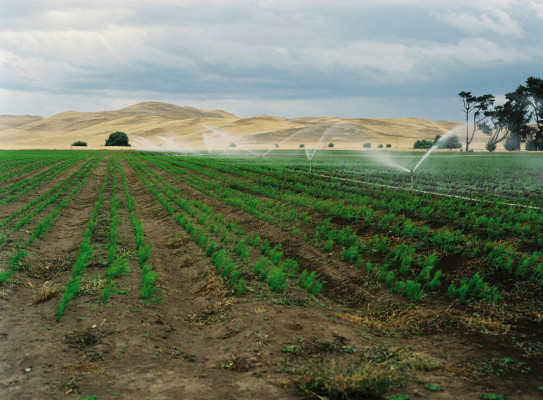Speaker's Science Forum 2023: Climate and Water

The Speaker’s Science Forum, organised by the Royal Society Te Apārangi, invites key players in the science community to share their research about current issues with MPs and decision makers in a non-political setting. GNS Senior Groundwater Scientist, Frederika Mourot, spoke at the second event for 2023, on 10 May.
Groundwater and Climate Change
The theme for the evening was “Climate and Water”, a very timely topic with the recent extreme wet events and flood issues across many New Zealand regions, and a great opportunity to showcase the research developed by Frederika and her colleagues, on groundwater and climate change. Their research aims to help build Aotearoa New Zealand’s resilience and focusses on the implications for resource managers, iwi, and communities.
Groundwater is the water found underground in the cracks and spaces in soil, sand, gravel or rocks. Groundwater is stored and moves slowly through water-saturated geologic formations called ‘aquifers’.
In her presentation titled “Groundwater and climate change in Aotearoa New Zealand: how to preserve our critical freshwater resource and adapt to unavoidable change” Frederika told MPs that “groundwater is out of sight but shouldn’t be out of our minds.”
“Groundwater is a precious resource, for example, 40% of New Zealanders rely on it for drinking water, and groundwater is critical in sustaining river flows, surface aquatic ecosystems and mahinga kai. However, groundwater is under increasing pressures from climate change and human activity.
Evidence that climate change affects groundwater is emerging, but a complete understanding of the processes and impacts on resources remains limited in most countries, including NZ.
“Our research investigates how climate change and shifts in regional rainfall and temperature will alter the amount of water recharging New Zealand aquifers, with:
- some already-wet areas seeing an increase in recharge and a rise in groundwater levels; and
- some already-dry areas seeing a decrease in recharge and a decline in groundwater levels.
“Rising seas, with ice sheets melting, are already impacting several low coastal areas and islands world-wide, with saltwater intrusion and groundwater inundation issues. These issues are also of growing concern in New Zealand, with most of the large cities located on coastal plains often hosting complex aquifer systems, including shallow aquifers.”
Frederika also explained that groundwater can support a resilient Aotearoa New Zealand if there is increased communication, outreach, and education to raise the awareness and the recognition of groundwater. She's keen to help “make the invisible visible” amongst other actions such as developing integrated regulations and policies, and investment for enhanced groundwater characterisation to better manage and protect freshwater resources.
Frederika was joined by Dr Alex Macmillan, Associate Professor in Environmental Health at Te Whare Wānanga o Ōtākou (Otago University), who presented on climate change and health threats.